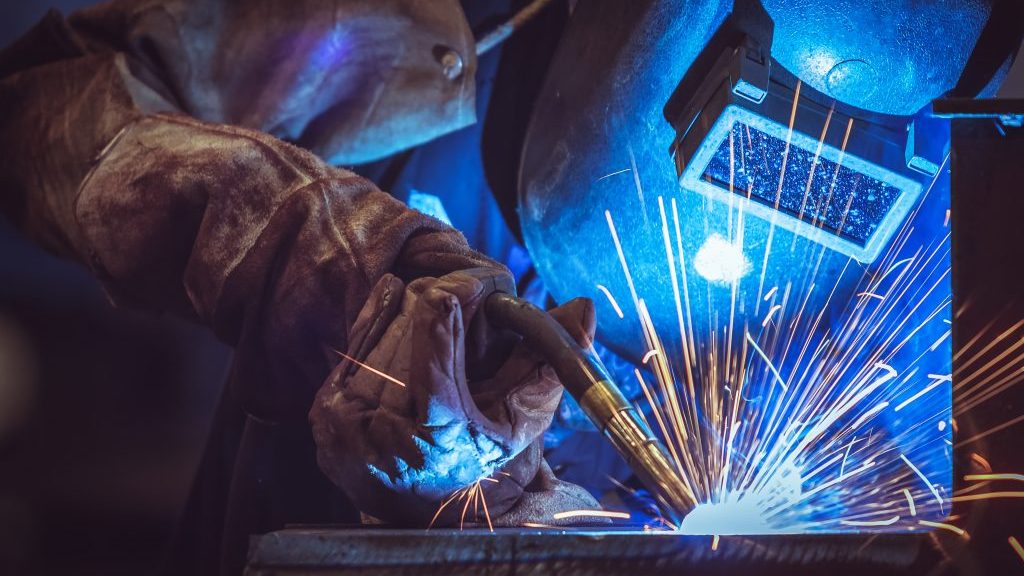This is the third in a series of articles exploring the mystery and history behind trades training and how it has evolved over the years to what it has become today.
What is the value of a certificate?
Within the construction world, certifications are one of the best and most effective mechanisms to assess the knowledge, skills and experience needed to perform a specific role.
But do they have further reach?
When I was a young 18-year-old 4th Class Power Engineer working at Harmac, Pulp and Paper operations in Nanaimo, B.C., the job provided a multitude of opportunities. One benefit was the opportunity to learn trade skills associated with jobs assigned to those with higher certifications.
As a 4th class engineer the work shifted from operating hog-fired power units to managing black liquor-fired recovery boilers.
Each type of boiler came with its own personality and characteristics but one usually felt safer around the more stable power boilers.
Anyone who has worked on recovery boilers has learned the green liquor tank dance — walking on the top of the tank as molten liquor poured down the open air spouts into a massive collection tank causing it to rumble, shake and pulsate as the liquor exploded within the tank underfoot.
Tasks took on everything from checking feed pumps, scrapping grates, punching ports to reading various instruments of measure on scrubbers, stacks and chemical injection systems.
However, the real learning came when a scheduled maintenance shutdown began and one was assigned to work alongside the maintenance engineers or boilermaker contractors that came in to complete major upgrades and refits.
One summer I was assigned to assisting a 3rd class maintenance engineer on a fly-ash skimmer rebuild. John-Paul was a 50 to 60-year-old immigrant who had come to Canada from Poland as a craft worker and had served a long tenure in the pulp and paper industry.
JP, as we referred to him, taught me three things that I have never forgotten.
The first lesson was that, “I was not stronger than the wrench.”
Working on a skimmer rebuild undoing one-inch nuts from a motor base required the use of a large socket or combination wrench, open-end on one end and box-end on the other.
Once the wrench had loosened the nut to the point where the wrench seemed to no longer be needed, I would try to take it the rest of the way off with my fingers, but to no avail.
JP would, on countless occasions, yell at me and say, “Boy, you think you are stronger than a wrench?” The lesson he was trying to teach me was at a certain size, the nut would need to be taken all the way along the inclined plane of the thread path with the wrench, a concept that was difficult for me to fathom.
The second lesson I remember keenly was that of safety first.
Long before the filling out of JHAs and toolbox talks, JP would make sure we had completed a full environmental scan of the work area.
Chemicals, hazards above, safety gear, tools that were in excellent working order were just a few of the checks he/we would perform before the work began.
I know this practice came to serve me well in later years long after I had left the pulp and paper industry.
The third and most provocative lesson this seasoned veteran taught me was this.
JP often told me that whatever training I did to make sure I got a piece of paper, a certificate showing the completion of such training.
He would say, “Only taking part of a course shows to others you are not serious, you are not committed.”
Then he would say “a certificate is just like another tool in the toolbox. You never know when you may need it but when you do it is there.”
This is the one statement that I have never forgotten and one that has served me well.
The value of a certificate or a degree goes far beyond what we may have considered it to be at the time.
So what is the value of a certificate? Psychologically, it empowers us, creates self-confidence and self-worth, while building up our self-esteem.
Financially, it can enhance our value to employers and allow us to move vertically within our career, providing us with more opportunities for greater earning power.
Socially, it enables us to be an example of someone who achieves, perseveres, never quits and completes — providing an example to others.
Like another tool in the toolbox, never knowing when we may need it, it is always a relief when we come across a task that requires a special tool and we can reach into the box and pull it out.
A certificate, diploma or a degree can provide us with that value and when we need it, we are glad we have it.
Dr. Lindsay Langill is a former dean of trades and technology. Langill holds Red Seal certification in three trades and has a bachelor of education and master of arts from UBC along with a doctorate from the University of Calgary. He is president of 3-Degrees Consulting Ltd.



Recent Comments